CA
TFSA vs RRSP: Which is Right for You?
When it comes to saving money for your future, you have many options. This post will tell you more about TFSA and RRSP. Read on if you'd like to learn about this important topic.
Advertisement
TFSA vs RRSP in Canada: How to Choose?
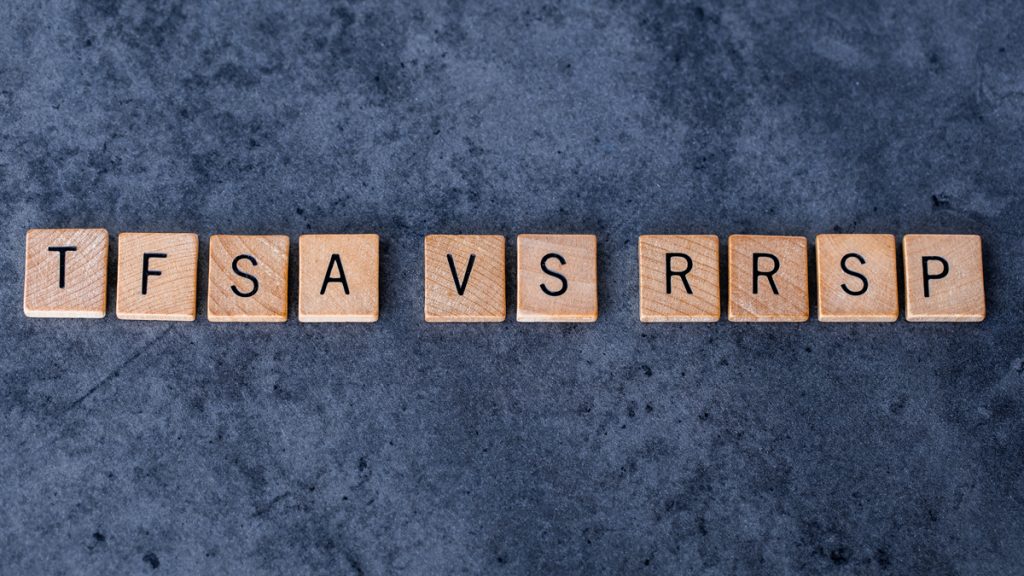
Who would win the battle if it was TFSA vs RRSP? The first thing is to know the pros and cons of each option. But let’s already assume that they are both excellent ways to save money for your retirement.
It is essential to prepare for your old age and start saving money ASAP. If you’re already thinking about this, you’ve probably come across TFSA and RRSP. Opening one of these accounts is an excellent way to start your savings.
We can say it is a step further than a regular savings account. Having a TFSA or an RRSP takes more compromise because they have special conditions for paying taxes on withdrawals. They have a particular purpose, more than savings accounts that look like digital piggy banks.
This post will cover everything about them, with benefits and disadvantages. Let’s compare them and see which one is the best for you and how you can get one.
The Pros and Cons of Each Investment
Both TFSA and RRSP are investment accounts with excellent tax facilities and opportunities to save and use your money to give you a better life. They look alike in the TFSA vs RRSP comparison, and that’s why many people get confused. You can even have both without choosing just one because each will serve a different goal.
Let’s learn what an RRSP and a TFSA are.
You will be redirected to another website
By submitting this form, I agree that I am 18+ years old and I agree to the Privacy Policy and Terms and Conditions. I also provide my signature giving express consent to receive marketing communications via automated emails, SMS or MMS text messages and other forms of communication regarding financial products such as credit card and loans. Message frequency varies and represents our good faith effort to reach you regarding your inquiry. Message and data rates may apply. Text HELP for help or text STOP to cancel. I understand that my consent to receive communications is not a condition of purchase and I may revoke my consent at any time.
TFSA
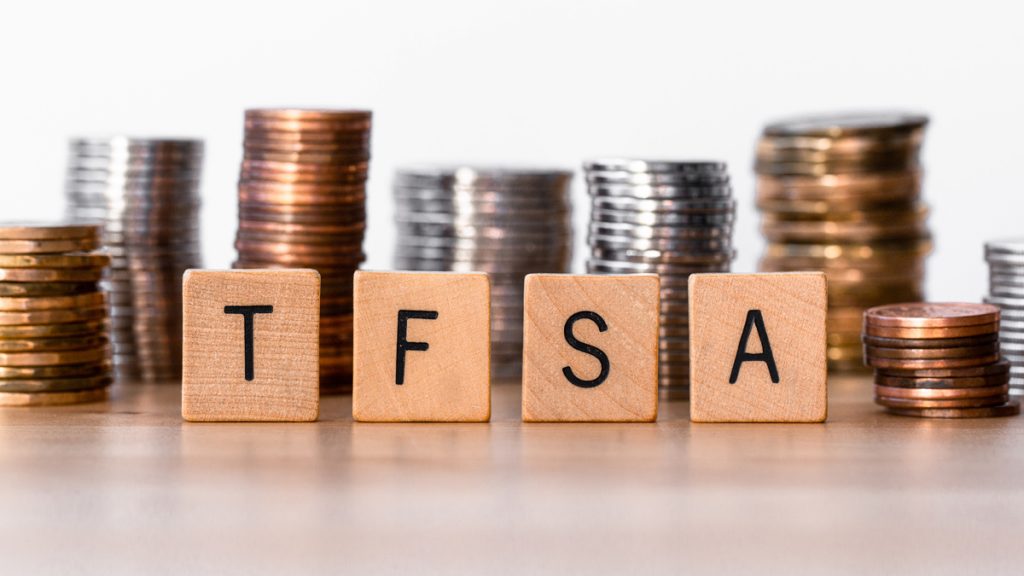
TFSA is the initial for Tax-Free Savings Account. It feels good to read “tax-free,” right? It already sounds like a good deal. Anyone above 18 years old can open this account and start contributing. But in the matter of TFSA vs RRSP both have tax advantages.
But let’s take a closer look at the benefits and disadvantages it offers;
Pros
- The interest you earn on your savings is tax-free.
- There is no specific timeline to deposit your money into a TFSA, so you can just add any amount you which whenever you want (but there is a cap)
- You can withdraw the funds of your TFSA anytime.
- You can use the money on it for everything.
Cons
- You can only deposit up to $6,000 a year. But if you let some room on this maximum, it will add up to the following year. For example: If you only put $3,00 on your TFSA this year, you’ll have $9,000 to deposit in the next year.
- Your contributions are not tax-deductible.
RRSP
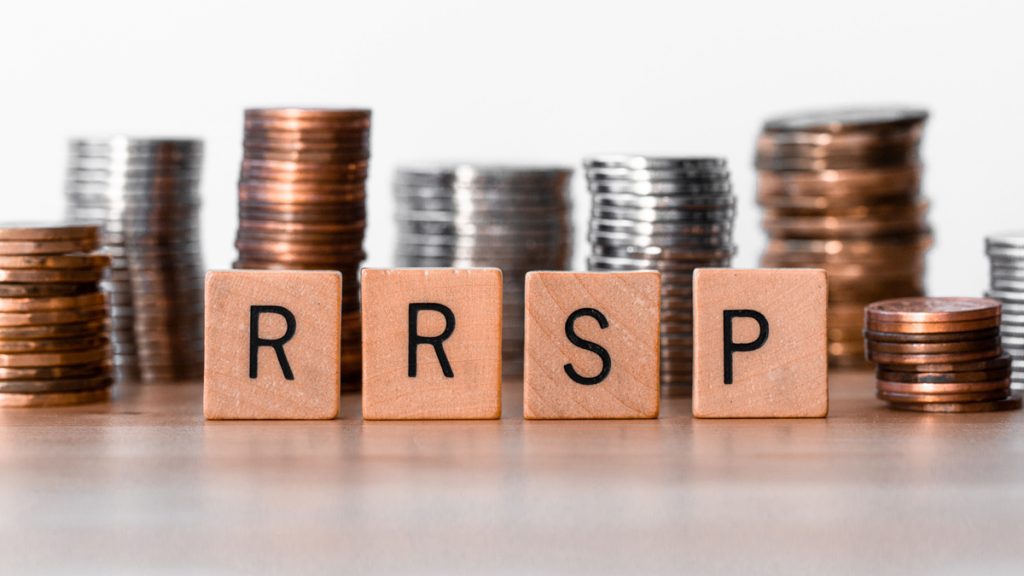
Registered Retirement Savings Plan is what the RRSP initials mean. Even tho it has “savings” on its name, it is more like an investment account. This account is an incentive for Canadians to save money for their retirement. So the government gives you some advantages, and on the other hand, you will be one less person in need in old age for them to take care of. When it comes to TFSA vs RRSP, this alternative also has its advantages.
Pros
- They are primarily intended to save for retirement.
- You can deduct your contributions from your income tax. This means you will pay fewer taxes and save some money at the same time.
- You can use up to $25,000 per year from your RRSP on the “Home Buyer’s Plan,” You’ll have 15 years to repay that amount with no taxes.
- It is not tax-free, as you’ll pay taxes when it’s time to withdraw the money on your RRSP, but you will defer these taxes and have more room to save and invest during your more efficient labor years.
Cons
- The maximum you can deposit each year is 18% of your earned income from the year before. But If you contribute less than this, the unused room will add up to the following year.
- Unlike the TFSA, If you withdraw from your RRSP account, you can not add that amount again.
- You can only contribute to RRSP until the last day of the year you turn 71 years old. After that, you’ll have to withdraw the money or turn it into a Registered Retired Income Fund.
- Withdrawals will be added to your annual income and will be taxed.
- If you contribute to a pension plan through your job, the government will combine the 18% contribution cap to both your pension plan and your RRSP.
TFSA or RRSP: which one to invest in?
As you can see, both have pros and cons, and we can’t say which one is better. There is not a better account for everybody when it comes to TFSA vs RRSP in Canada. You have to check your goals and which version suits you the most.
If you have a formal job, you can open an RRSP to save for retirement, but not only for this purpose. But, as you’ll have to pay taxes when you start withdrawing them, the longer you wait to use this money, the better. It will be relieving to have some extra cash when you’re older. After all, even tho you still have plenty of health after your seventies, wouldn’t it be nice to be able to enjoy your final years without having to work?
If you’re just looking for a better way to keep your money than a savings account but don’t necessarily intend to leave it there until you retire, you can choose the TFSA. It is also a good option if you’re not employed. The TSFA is also good if you do not intend to save more than $6,000. But if you do, congratulations! There are many other ways to save and invest your money.
If you want a third investment option, we can help. Follow the link below to learn which are the regulated crypto brokers in Canada.

Regulated crypto brokers in Canada
Learn which are the best and safest regulated crypto brokers in Canada to start investing.
About the author / Aline Barbosa
Trending Topics
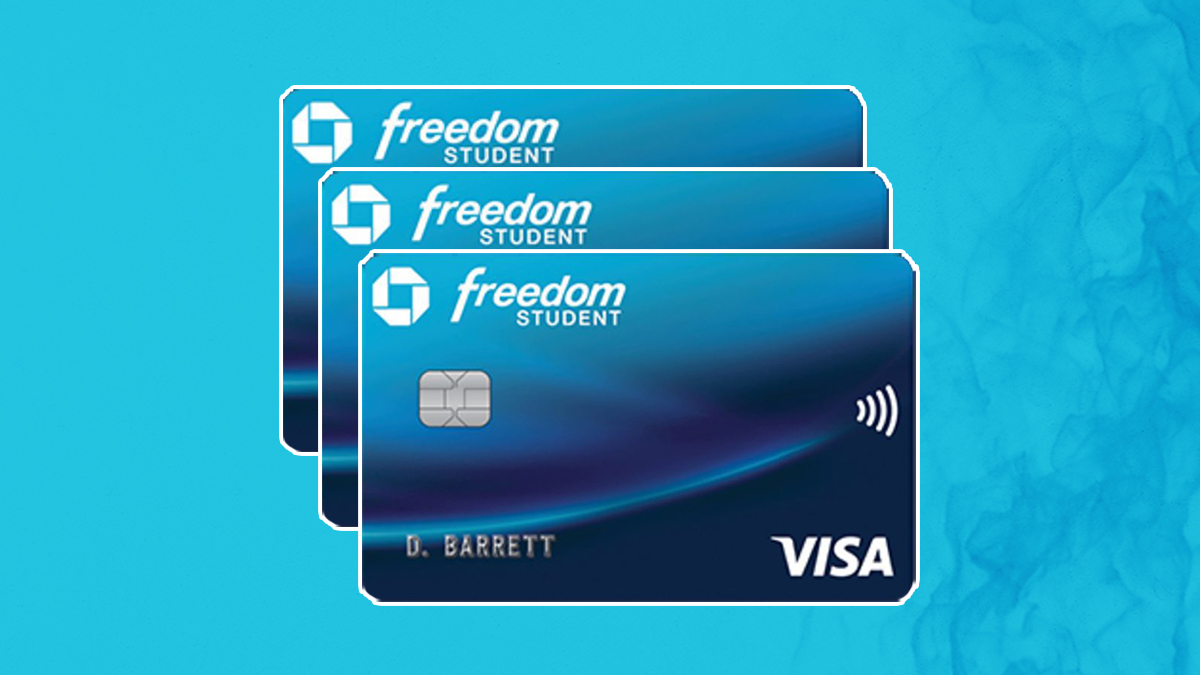
Chase Freedom® Student credit card review
Check out our Chase Freedom® Student credit card review to learn how this credit card can help you through your college years!
Keep Reading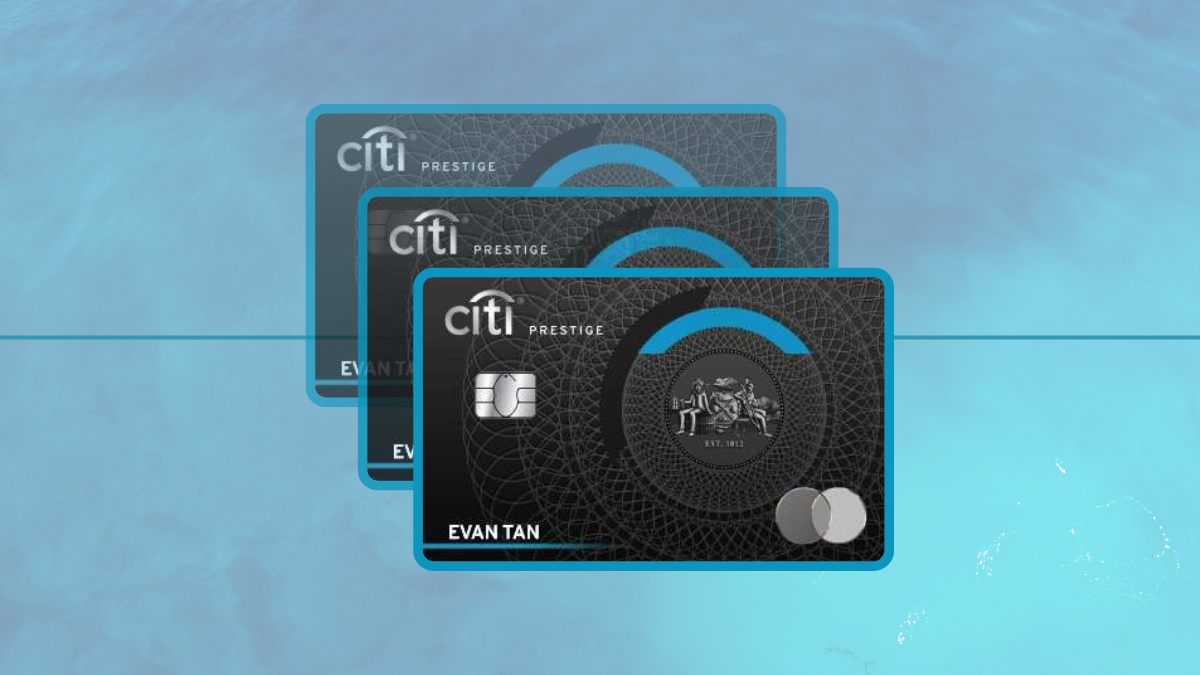
Citi Prestige application process: Earn ThankYou points at a 5X rate
Check this Citi Prestige card online application step-by-step. Earn ThankYou points at a 5X rate, and redeem them for various awards.
Keep Reading
What is a crypto card?
Read on and find out exactly what is a crypto card, and whether they present the best opportunity for your financial growth.
Keep ReadingYou may also like

FHA Loans application process: get approved with poor credit!
In this FHA Loans application guide you will learn how to get this loan within just a few minutes. Check it out!
Keep Reading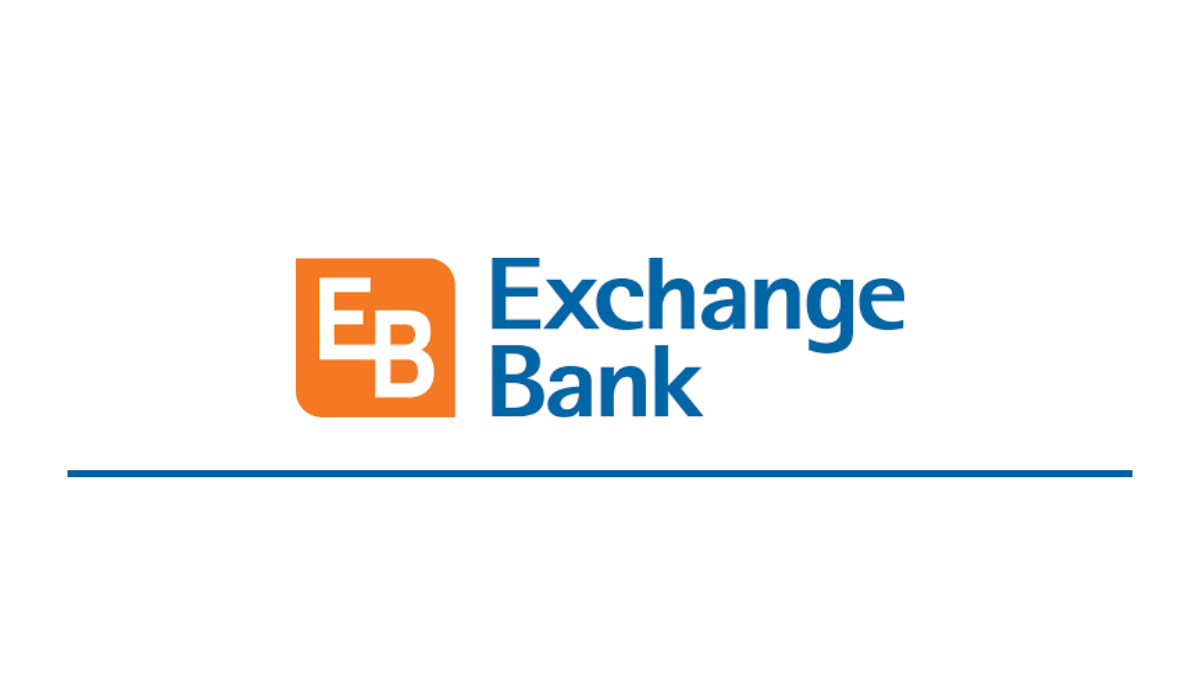
Exchange Bank Unsecured Personal Loan review
In this Exchange Bank Unsecured Personal Loan review, we break down the features, pros and cons to help you get the funding you need.
Keep Reading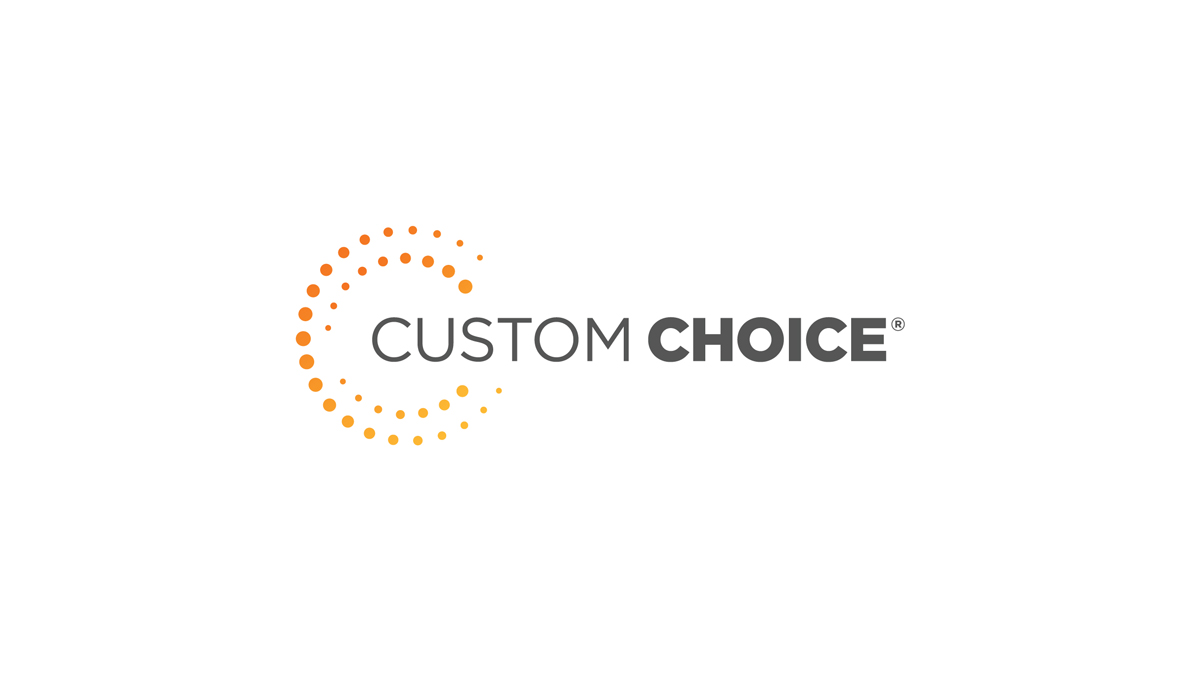
Custom Choice Loan® application
Learn how the Custom Choice Loan® application process works and make your education more affordable and tailored to your needs!
Keep Reading